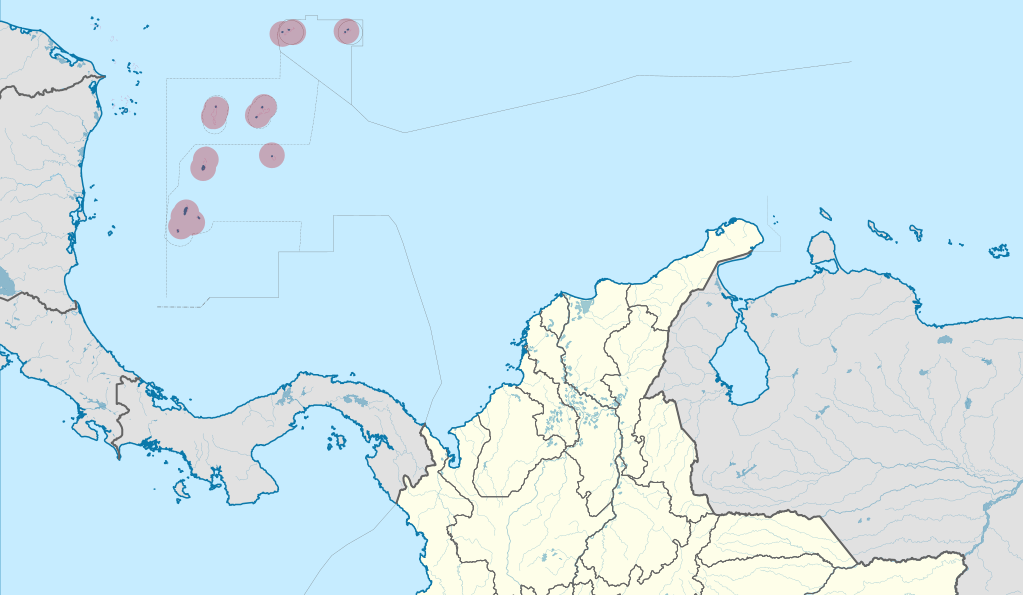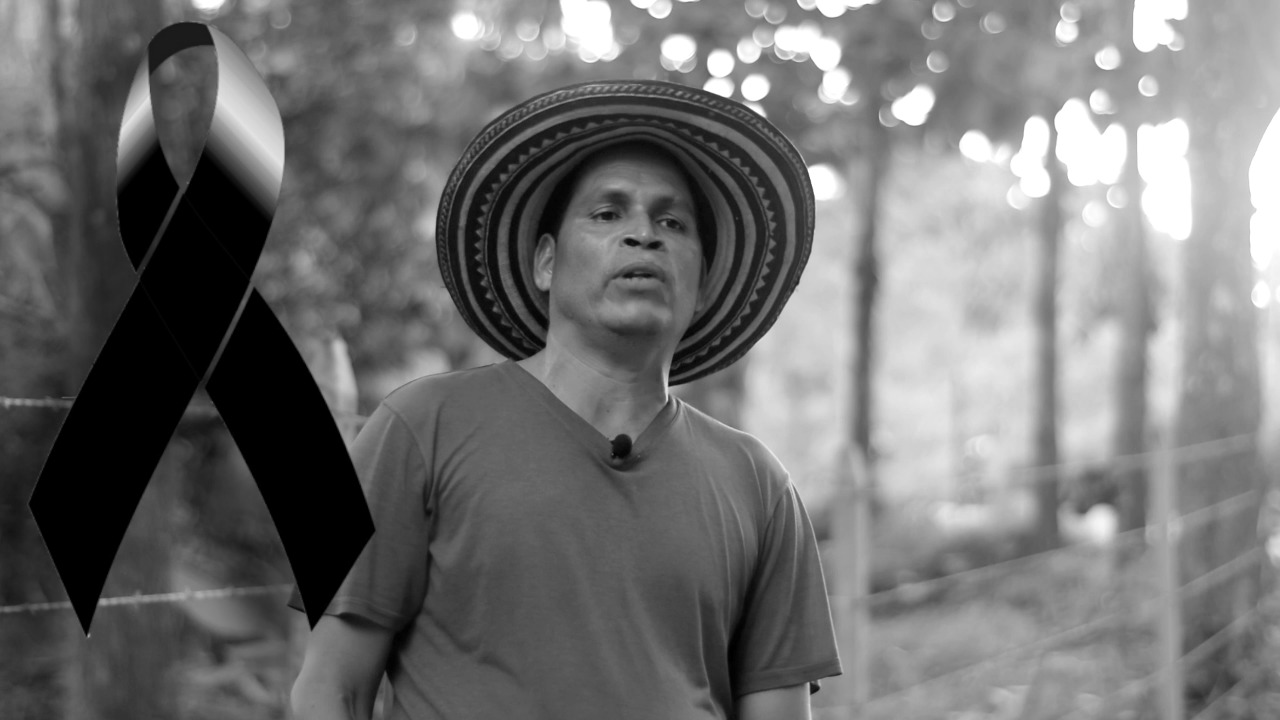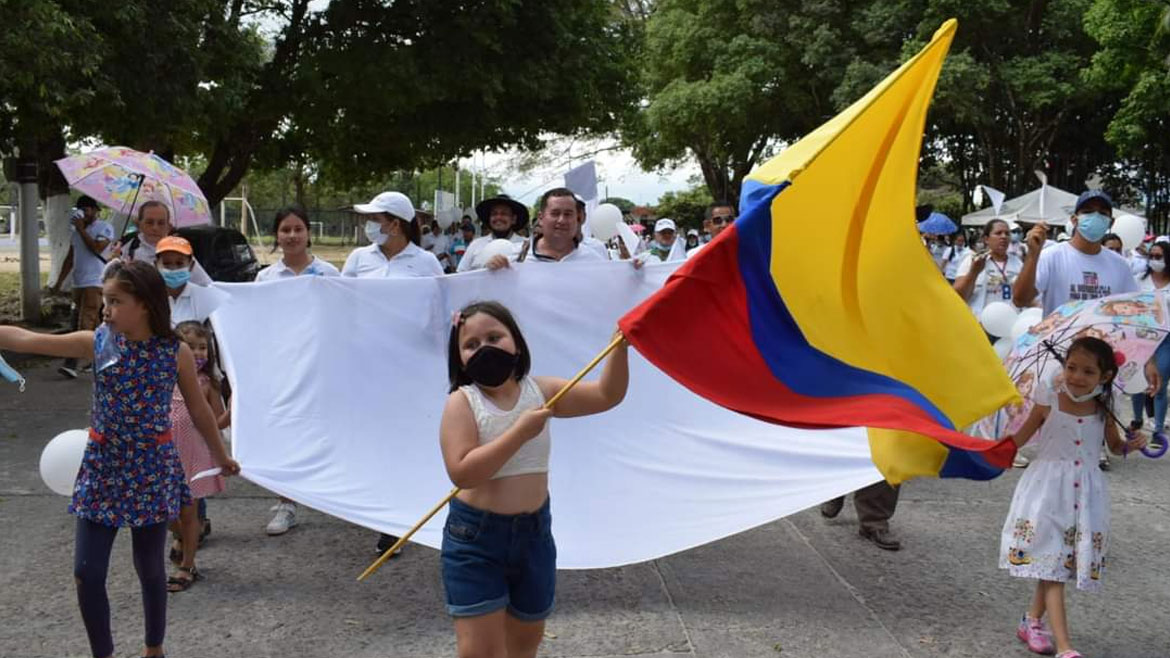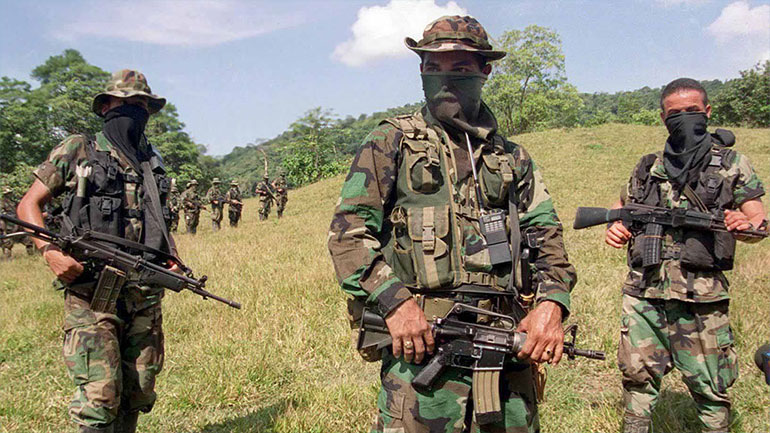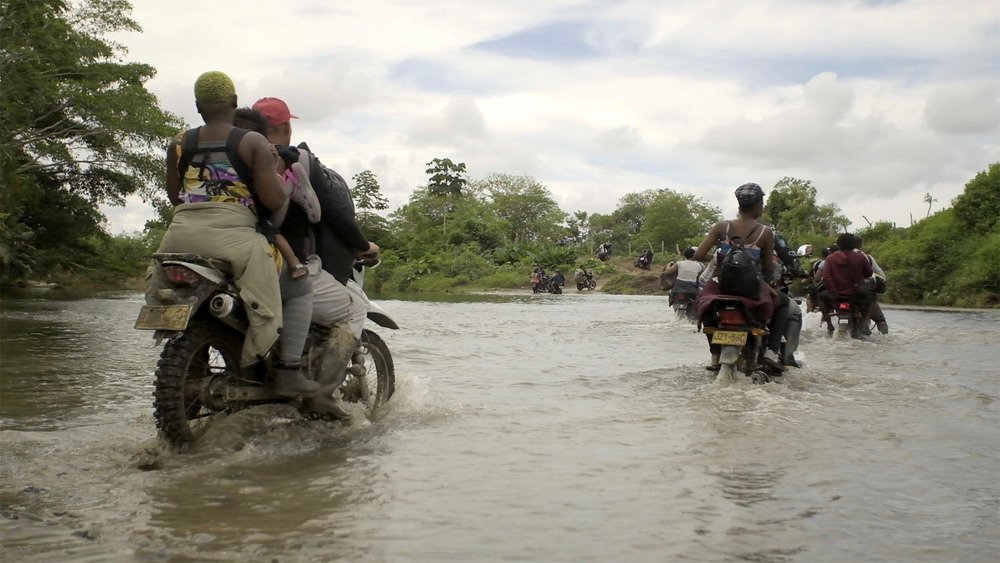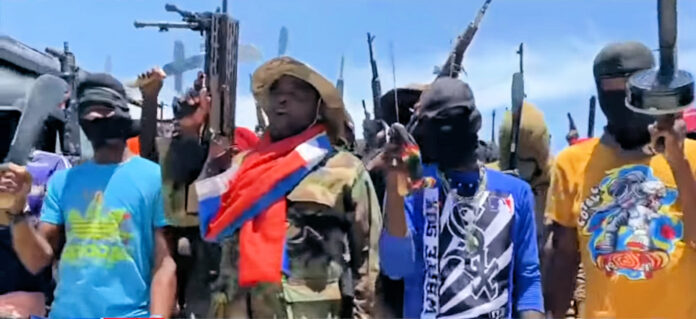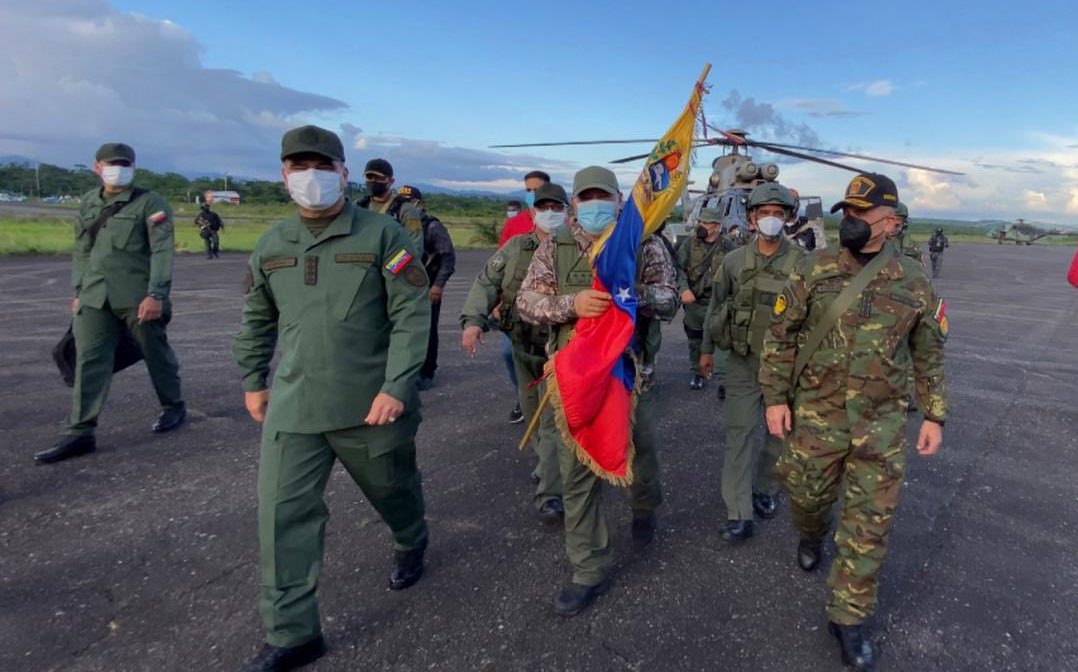
Colombia: pending presidency ‘between two populisms’
Following a first round of presidential elections, “between two populisms” is the catchphrase being used by Colombia’s media for an unprecedented moment. A pair of political “outsiders” are to face each other in the run-off: Gustavo Petro, a former guerilla leader and Colombia’s first leftist presidential contender, versus Rodolfo Hernández, a construction magnate whose pugnacious swagger inevitably invites comparison to Donald Trump. Hernández, an independent candidate and the former mayor of Bucaramanga, rose precipitously in an ostensibly anti-establishment campaign driven by social media, winning him the epithet “King of TikTok.” But Colombia’s political establishment is now lining up behind him to defeat Petro. The former mayor of Bogotá and a veteran of the demobilized M-19 guerillas, Petro is the candidate of a new progressive coalition, Colombia Humana, emphasizing multiculturalism and ecology as well as more traditional social justice demands. (Photo via Twitter)



